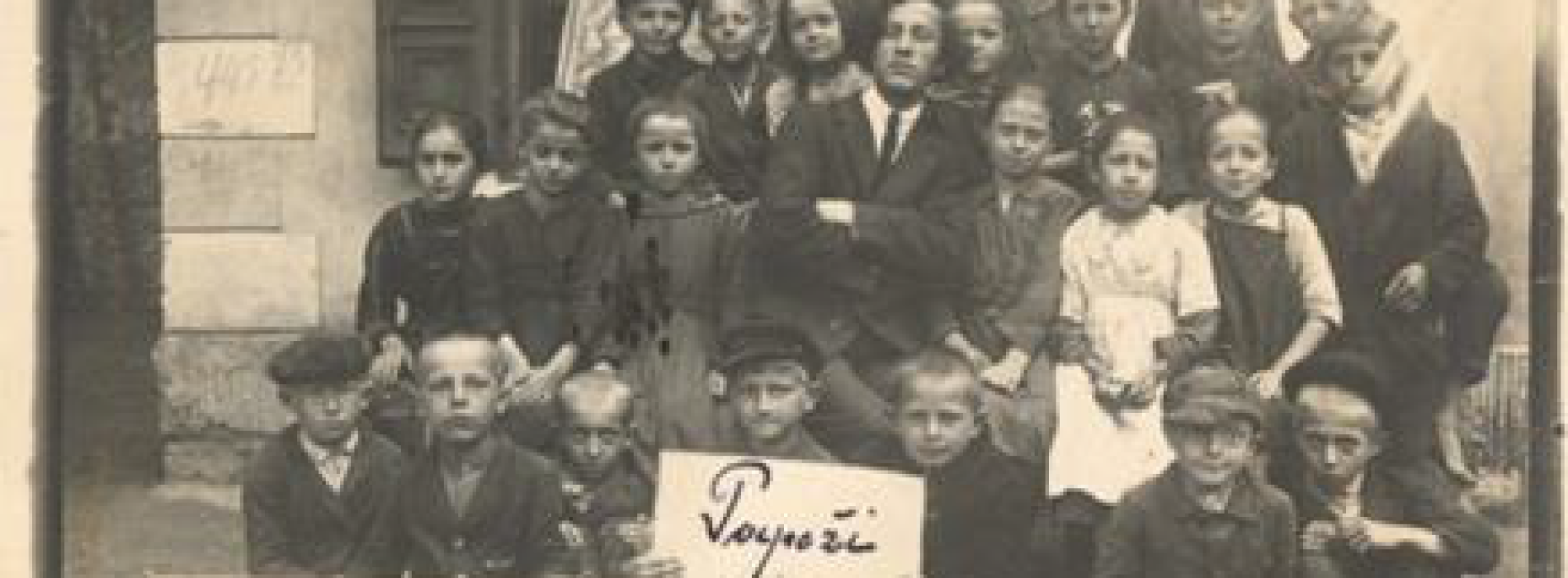Call for Papers – Historical Association of Slovenia (28-30 Sept 2016) Deadline 5 February 2016
The 38th HAS assembly will take place in collaboration with the Koroško zgodovinsko društvo / Carinthian Historical Society in Ravne na Koroškem (Slovenia) from 28-30 September 2016. The main theme of the conference will be on the history of education, with attention paid to the question of how predominant pedagogical ideas and the broader European space have defined Slovene lands and their development in the sphere of education, the extent of their influence on future prominent individuals’ schooling and their contribution to the spreading of literacy in the area of modern-day Slovenia and its neighbouring countries from antiquity onwards. Proposals for papers addressing any of the conferences six thematic sets are due 5 February 2016. The full call for papers is available here.
About author
You might also like
Call for Papers – ISCHE 39 Pre-Conference Workshop Archives and museums. Deadline: Apr. 30, 2017
Call for Papers ISCHE 39 Pre-Conference Workshop “Archives and museums about the history of education with a view to emancipatory processes”. Convened by: María Cristina Menezes (UNICAMP, Brasil),
CfP – ISCHE 45 Natal, Brazil – (De)Coloniality and Diversity in the Histories of Education
ISCHE, the Universidade Federal do Rio Grande do Norte, the Instituto Federal do Rio Grande do Norte, and the Brazilian Society of the History of Education would like to invite
Canadian History of Education Association – Call for Papers
CHEA/ACHÉ 21st Biennial Conference: October 17-19, 2024 The Canadian History of Education Association/Association Canadienne d’histoire de l’éducation brings together students, educators, teacher educators, scholars, and community-based researchers to study the


